Review of Post-16 Qualifications at level 3: Second stage
Overview
We're seeking views on proposals to reform post-16 technical and academic qualifications at level 3.
Why your views matter
This consultation is the second stage of the review of post-16 qualifications at level 3 and below in England. The review’s aim is clearer qualifications choices for young people and adults, and to ensure that every qualification approved for public funding has a distinct purpose, is high quality and supports progression to positive outcomes for students.
This consultation focuses on level 3 qualifications and seeks views on our proposals for the groups of qualifications that would continue to be funded alongside A levels and T Levels. A call for evidence on level 2 and below will follow shortly.
Audiences
- 16-18 year old students resident at these institutions
- Adoptive parents
- Adult and mental health practitioners
- Adult education providers
- All
- CAMHS
- Clinical commissioning groups
- Community representatives
- Contractors involved in building schools
- Designated institutions and 16-19 academies
- Designated safeguarding leads
- Directors of children's services
- Early learning and childcare providers
- Educational Psychologists
- Employers
- Film Industry representatives
- Fire sector
- Foster carers
- Further education colleges
- Government bodies and departments
- Governors
- Headteachers
- Health visitors
- Independent specialist colleges
- Local authorities
- Parents
- Principle social workers
- Pupils
- School business managers
- School nurses
- School support staff
- SENCOs
- Service managers
- Sixth form colleges
- Social workers
- Social workers
- Teachers
- Team managers
- Those evaluating programmes for children in need
- Those involved in underlying theoretical research on abuse and neglect, child development etc
- Those researching children’s social care or education systems, with links to educational outcomes of Children in Need
- Training providers
- Unions and representative organisations
- Universities
- Virtual school heads
- Volunteers
- Young people
Interests
- Community learning
- Education
- HE
- Lifelong learning
- Participation of young people in education, employment and training
- Performance tables
- Teaching and learning (SEND)

Share
Share on Twitter Share on Facebook